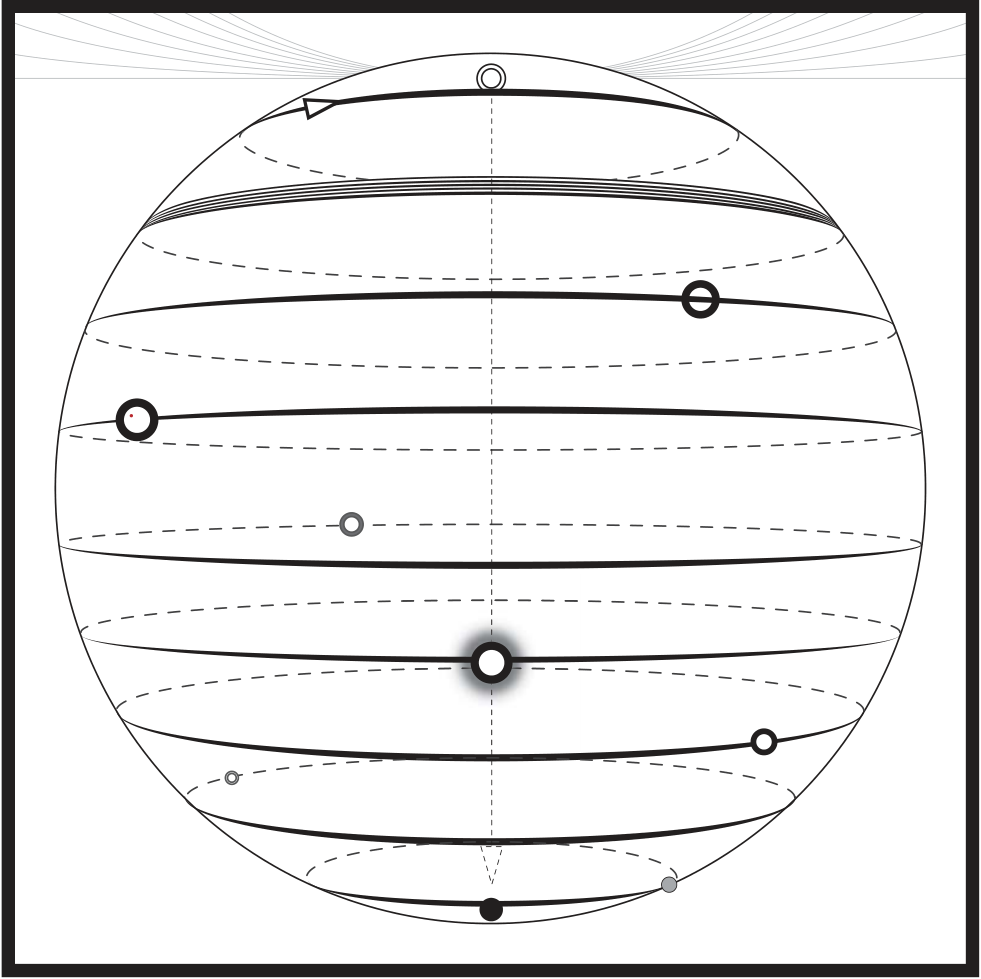I'm curious if there are any good math books out there that take a "casual approach" to higher level topics. I'm very interested in advanced math, but have lost the time as of late to study textbooks rigorously, and I find them too dense to parse casually.
By "casual", I mean something that goes over maybe the history of a certain field and its implications in math and society, going over how it grew and what important contributions occurred at different points. Perhaps even going over the abstract meaning of famous results in the field, or high level overviews of proofs and their innovations. Conversations between mathematicians at the time, stories about how proofs came to be, etc.
I suppose the best place to start would be math history books, but I was curious what else there may be. Are there any good books out there like this? What are your recommendations?

